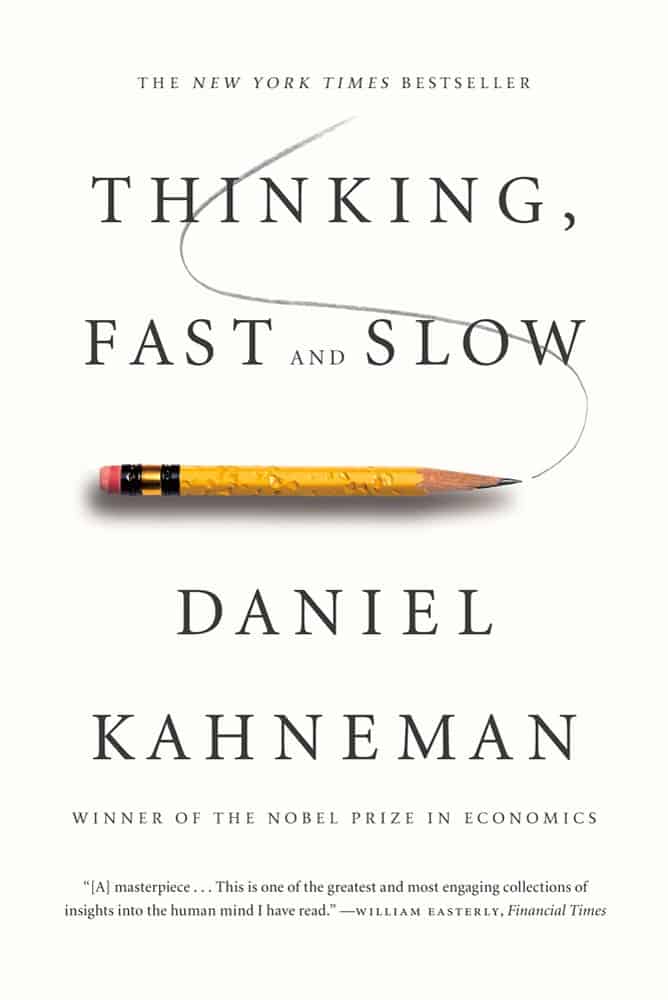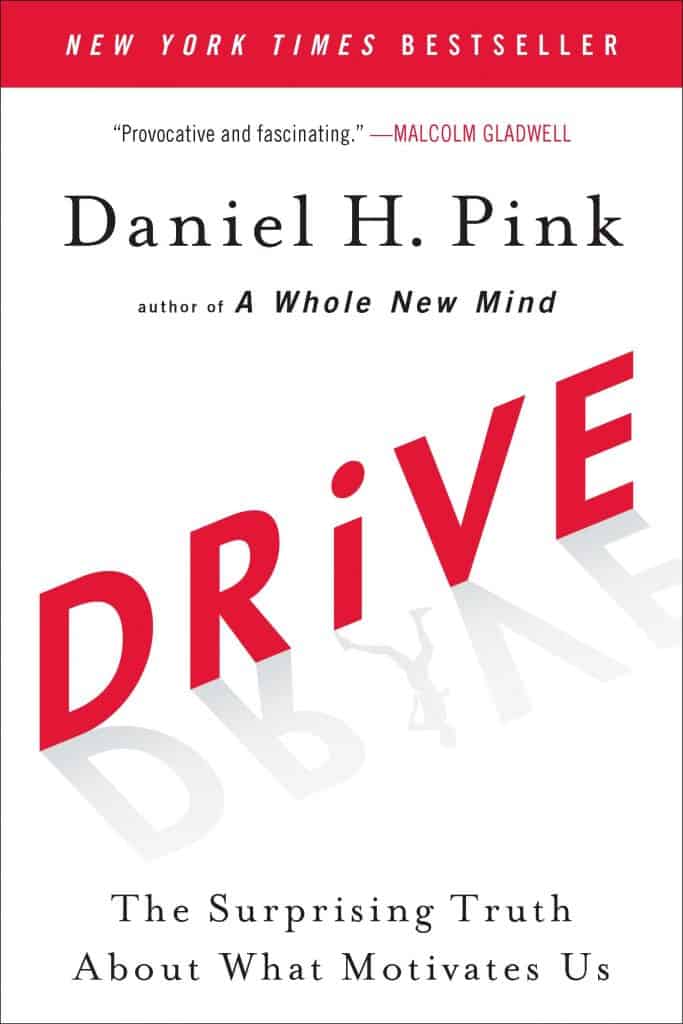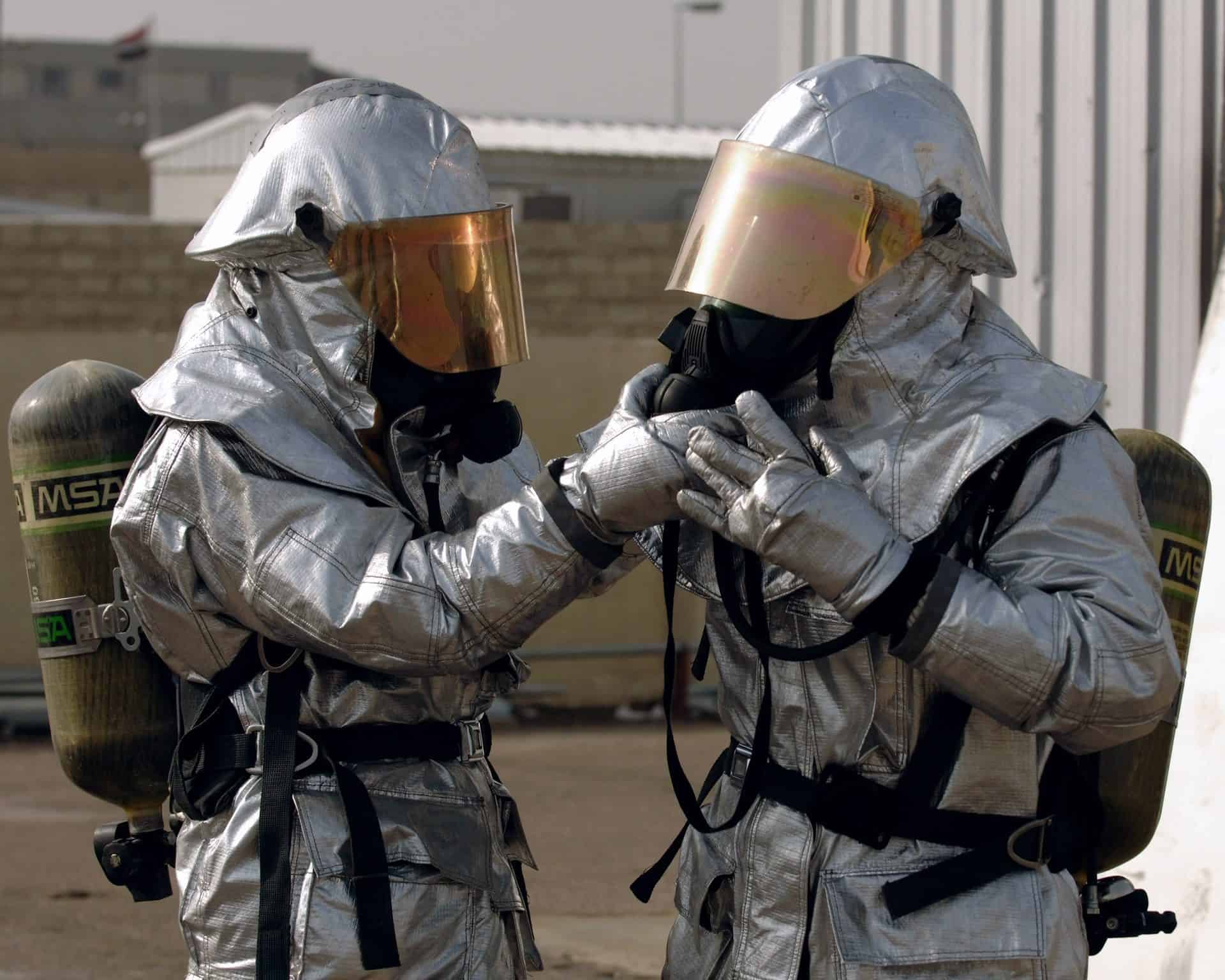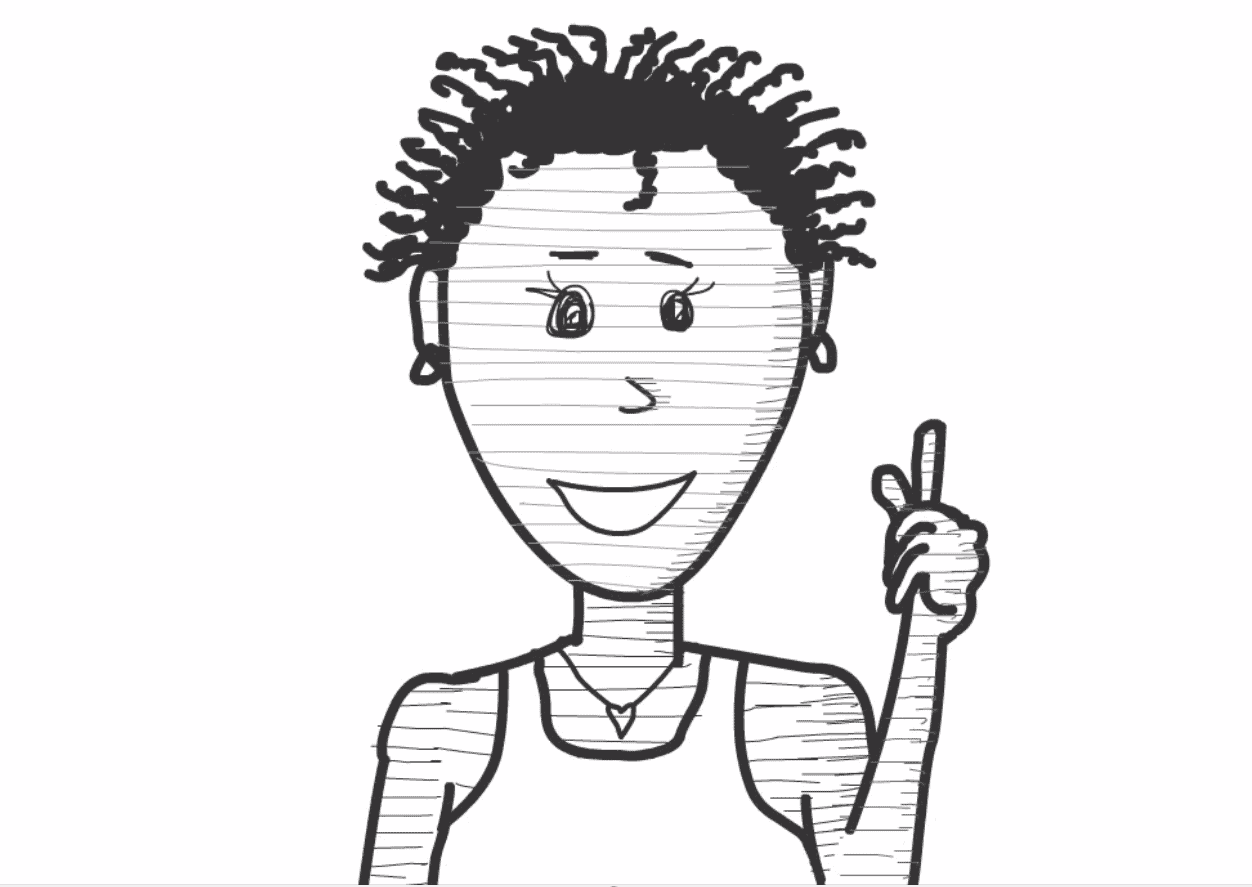
How to communicate with others whilst working remotely
Mindapples trainer Anna discusses how to communicate with others whilst working remotely. This video shares lots of top tips on how you can improve collaboration within a team and encourage better communication.
Continue reading
Mindapple-a-day: Eating chocolate
Amanda shares one of Gitas five a day for her mind. Why is chocolate such a comfort? Robert Thayer talks about moods being a relationship between energy and tension, when we have high energy and low tension this is our ‘happy place’, or state of flow. Completing tasks feels easy, we’re motivated and in […]
Continue reading
Mindapple-a-day: Calling friends on Zoom
Mindapples trainer Amanda shares Nigel’s mindapple, chatting to friends on zoom. Feeling related to other people is an important psychological need, the self-determination theory explains that relatedness is an absolute basic need in order to feel good. So although Nigel’s zoom call is ‘just for a chat’, he’s providing an absolute basic psychological need for […]
Continue reading
Why we make mistakes under stress
Do you find yourself doing things when you’re stressed that you come to regret later? A 2012 study of behaviour under stress suggests that if we make decisions when we are stressed, we tend to focus on the rewards rather than the risks. This is because acute stress affects the way our brains consider pros […]
Continue reading
One mind, two systems
In his award-winning 2011 book, Thinking, Fast and Slow, Daniel Kahneman has popularised the ‘dual-systems’ theory of cognition, and we’ve found it a very useful concept for helping participants in our workplace training programmes to understand and manage their minds better. The central idea that we have two modes of cognitive thinking, an automatic, fast […]
Continue reading
The surprising truth about what motivates us
What really motivates us? Employers have long assumed monetary rewards are key to incentivising their workforce, but the reality is more complex. Autonomy, mastery and a sense of purpose are often bigger motivators than simple financial incentives. In this RSA Animate, adapted from Dan Pink’s talk at the RSA (and his excellent book of the […]
Continue reading
Other people actually reduce our stress levels
In an evolutionary context, stress can be crucial for survival, but in this day and age most humans get stressed for psychological reasons, that are often constant and lingering. When we’re stressed our body releases glucocortocoid hormones, which channel energy to our minds and take it away from basic maintenance functions. In the long term, […]
Continue reading
Why you need to deal with your emotions
When faced with a challenge, do you focus on the problem or the opportunity? Some studies have shown that people who view challenging experiences as opportunities suffer less severe anxiety than those who suppress their emotions in difficult situations. Known as reappraisal, this means that more adaptive people are able to put individual situations into […]
Continue reading
Predictably irrational?
Despite our image of ourselves as very rational people, our ability to make rational decisions can be affected by limitations in our thinking known as cognitive biases. These flaws in judgement, caused by common memory errors and miscalculations, can lead us to make questionable decisions without even realising why. Cognitive biases aren’t all bad though: […]
Continue reading
What makes an extrovert?
Do you ever why some people seem naturally adventurous and outgoing, while others prefer their own company and a quiet night in? The term ‘extrovert’ was coined by psychologist Carl Jung at the beginning of the twentieth century and we now know that where we sit on the introvert–extrovert spectrum is dictated by the way […]
Continue reading
